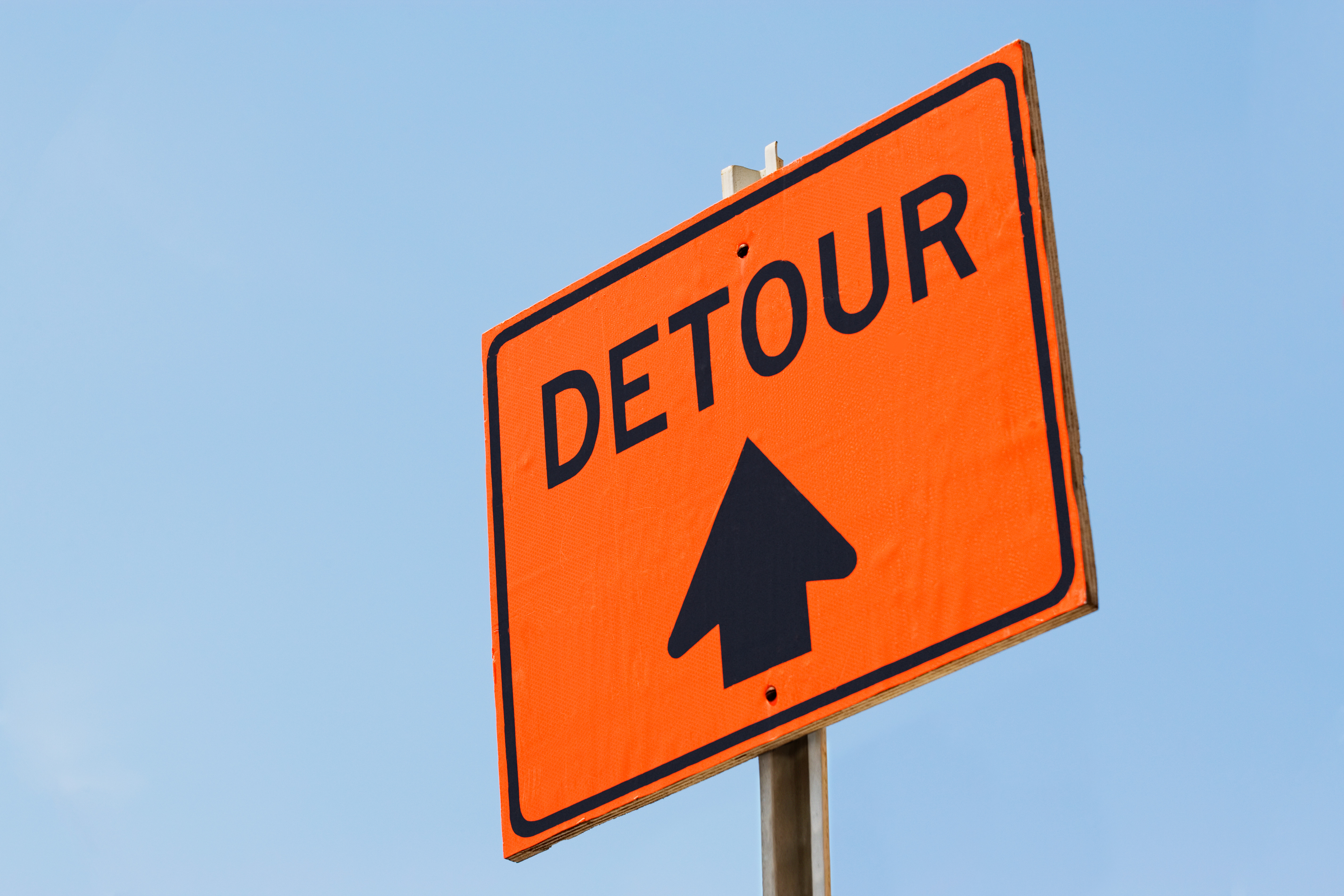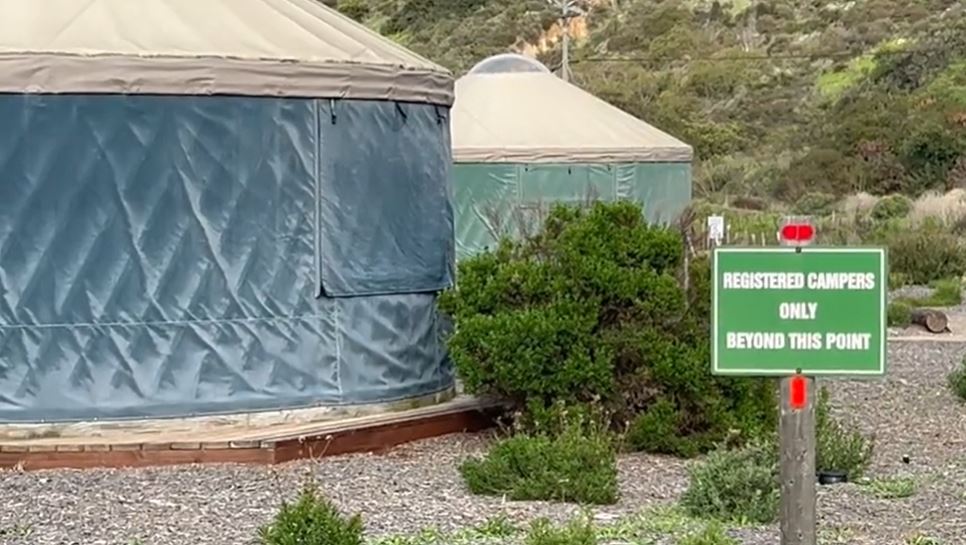NBC 7’s Omari Fleming has the story
Whether it's hiking or paddle boarding, Lynn Garcia loves being one with nature. But these days, she's restricted to the confines of her Lake Murray-area home.
"I can't be the outgoing person I was, because this is the new chapter of me," said Garcia in a virtual interview. She was unable to meet in person because she’s immunocompromised after multiple chemotherapy treatments.
She celebrated her 50th birthday in March online with family, after doctors diagnosed her with AML or Acute Myeloid Leukemia, a type of blood and bone marrow cancer.
Hoping to end those chemo treatments, doctors say Garcia needs a stem cell transplant.
Get top local stories in San Diego delivered to you every morning. Sign up for NBC San Diego's News Headlines newsletter.
When no matches were found on the registry, she discovered her brother was a 100% match. Problem is, he's stranded thousands of miles away in the Philippines.
Garcia, a certified nurse who helped save lives during the COVID-19 pandemic, has a U.S. Embassy rejection letter for her brother’s Visa.
“Now it's my turn to ask for help. Why can't I get help? And why can't they allow, with all these problems we have, why can't they let my brother, a single person, to come for a month, with a purpose of saving a life of an American citizen?" Garcia said.
Local
Garcia began to question how much more time she'd have left, with few options available and tests showing her body would reject a transplant from her son.
With time running out, friends have set up an online fundraiser titled "Lynn and her family need our help" to help with legal and travel fees.
Garcia is also working with the National Marrow and Donor Program to fly her brother from the Philippines to South Africa, where his cells can be collected and shipped to the U.S. for transplant.
“I never realized how difficult it is to get a donor,” said Garcia.
It's typically more difficult for minority groups to find stem cell donors, according to data from the nonprofit Be the Match, which shows Asian or Pacific Islanders have about a 47% chance.
While Garcia can't work as a nurse right now, she's hoping her story can help, not only herself but others.
“Everybody, if they have a chance to, just register. Then they could probably save their family's lives," she said.



